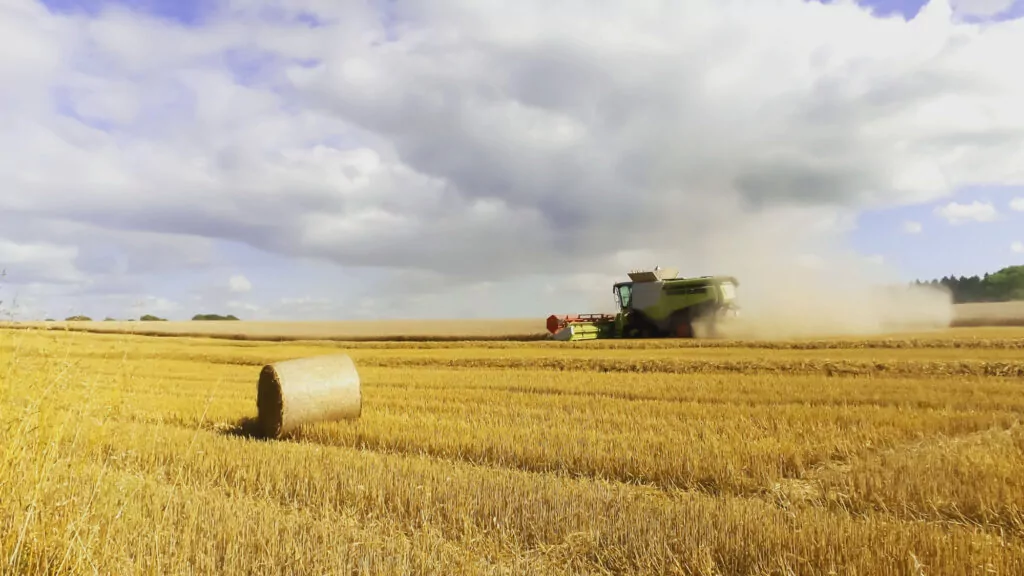
Succession planning – The need for Lasting Powers of Attorney and Deputyships

By Rachel Brooks, Edward Venmore
13 Apr 2022 | 4 minute read
We have written recently about the importance of succession planning for farming businesses, but even for the most organised of families life doesn't always go according to plan. One major factor with the potential to disrupt well laid succession plans is the unexpected illness of family members, particularly where that illness sadly has the chance of resulting in mental incapacity.
However, with the right intervention and support, families can ensure that their loved ones' intentions can be respected, and well laid succession plans preserved. In this article, we discuss the importance of lasting powers of attorney and deputyships in succession planning.
Intergenerational business risks
For those farms run as intergenerational family businesses, often with two or three generations involved in the day-to-day management of the business, it's vital to have well laid succession plans to ensure that future generations can continue the business, but it is also important to be alive to the risk of how those plans might be disrupted in the event of serious illness affecting the mental capacity of the more senior generations of the business.
It has been reported that the average age of UK farmers is 59, with nearly 40% of UK farmers over the age of 65.
BBC, 2021
Obviously, serious illnesses can affect anyone at any point in their lives, but there is an increased risk of illnesses that impact on mental capacity, such as dementia, affecting more elderly individuals.
It is often the case in farming businesses that the more elderly generations hold key decision-making roles in the family business – whether as partners or as directors and shareholders – and the property interests in the land farmed by the business, with succession plans in place to pass on those roles and property interests on to the younger generations on their retirement or death.
Potential problems in the future
In the event of a serious illness or perhaps an unforeseen accident leading to a loss of capacity for any of the decision makers within the farming business, this can create a huge amount of problems in the future.
If a capacity assessment is carried out and that person is deemed to lack capacity regarding their property and finances, that person will no longer be able to make any decisions in relation to the business.
Next of kin or business partners will not be able to make decisions on that person's behalf without proper authority either in the form of:
- a Lasting Power of Attorney, or;
- a Deputyship Order.
Both of these documents give someone else authority to manage the property and finances of another person who lacks mental capacity to do it for themselves, however the process to obtain them is very different.
Lasting Power of Attorney
A Lasting Power of Attorney ("LPA") is made before anyone has lost capacity. It is a legal document that allows a person to choose who will have authority to manage their property and finances, and make decisions on their behalf, in the event they lose mental capacity in the future.
It is important to note that, once the LPA is registered it can be used immediately by the appointed attorneys, regardless of whether capacity has been lost or not. It is therefore very important to choose attorneys wisely and ensure they are people you can trust.
The benefits of putting an LPA in place is that in the event that capacity is lost, at some point in the future, the legal authority is already in place and can be used immediately, so there would be no delays in any decision making.
Putting in place an LPA also allows the person to choose who they would like to make those decisions on their behalf rather than it being decided for them.
Deputyships
If one of the business owners loses mental capacity to manage their property and finances and they don't have an LPA already in place, the only option available is to apply to the Court of Protection for a Deputy to be appointed.
The process to apply for a Deputy is long and drawn out; it can take up to a year for a standard Deputyship application to go through the Court. The costs of this are also significantly higher than making an LPA.
The other disadvantage to a Deputyship over an LPA is that the person who has lost capacity cannot choose who will act as their Deputy. This decision is often left to the family and those closest to that person. In a lot of cases anyone can be a Deputy however if the amount of assets held are significant, the Court may impose that a Professional Deputy is put in place, which will incur annual management costs.
Planning ahead
It is not nice to think about these possible scenarios but unfortunately these situations do arise and it is important to put plans in place at an early stage so that the farming business can continue to run smoothly.
Podcasts
For more insight on this topic, listen to our podcast 'Experts in the field' where in episode 6 we discussed some of these issues and options, looking at succession planning and the need for deputyships where loss of capacity has not been planned for and in episode 9 we continued the discussion with a focus on the importance of LPAs.
Get in touch
If you would like any further advice on anything discussed in this article please contact our experts.













